
UK Lottery Operator Camelot is under fire from a group of MPs. Belief is instant win games create problem gambling & give less to charities. (Image from Dylan Nolte on Unsplash.com)
In a report by The Guardian, Camelot, the UK’s national lottery operator is said to have come under fire from a cross-party group of MPs due to the operator’s shift of focus towards app-based instant win games.
The MPs have asked ministers to consider taking action against the operator which has held the national lottery license since it began in the country back in 1994.
They argue the operator is placing increased focus on instant win games that give a decreased percentage of profits to good causes and carry a higher risk of creating gambling addiction. Only 9% of the proceeds received from instant win games will go to good causes, something MPs claim goes against the founding values of the national lottery. In comparison, 31% of proceeds from standard draw-based games, will make their way to good causes throughout the UK.
In response, Camelot has argued that overall sums going to good causes have hit record levels thanks to the sale of its app-based instant win games. Much of this is in part to COVID and the restrictions the pandemic has led to in the past couple of years. Fewer people can go to the shops to purchase lottery tickets and have instead used the app for both the purchase of tickets and purchase of instant win games.
This criticism comes amid Camelots recently published reports that show over 60% of its sales growth throughout 2020 and 2021 is as a result of online instant win games. Those sales grew by almost £1 billion from £1.6 billion to nearly £2.5 billion.
The UKGC is in Camelot’s Corner
In good news for Camelot, it seems they have backing from the UK Gambling Commission. The UKGC is responsible for the regulation of the lottery in the UK, as well as all forms of gambling including online casinos and sports betting. It claims that it understands why a lower percentage of proceeds go towards good causes. In order to appeal to players, app-based instant win games have to offer a higher return compared to draw games. It also believes that an increase in the overall sum of proceeds from Camelot making its way to good causes is more important. On the topic of instant win games being a gateway to more serious forms of gambling and the potential to increase problem gambling in the UK, the UKGC believes these games provide low risk.
It is difficult to disagree with Camelot and the UKGC on this issue. Online gaming as a whole has witnessed growth throughout the pandemic. Aside from the lottery, online casino games, sports betting, live lottery and virtual lottery games are popular online too. And this has also given rise to popular bingo titles that have similar gameplay to traditional lottery games. If Camelot did not offer these instant win games, the total amount sent to good causes would certainly decrease, especially across the past couple of years.
Camelot’s lottery license ends in 2023, a license it has held since 1994. While Camelot is hoping to secure the license once more, it faces stiff competition from other lottery providers. Sisal, the operator of the Italian, Spanish, Moroccan and Turkish national lotteries has put its name forward. Sazka who also operates lotteries around Europe is also interested alongside the owner of the Daily Express.





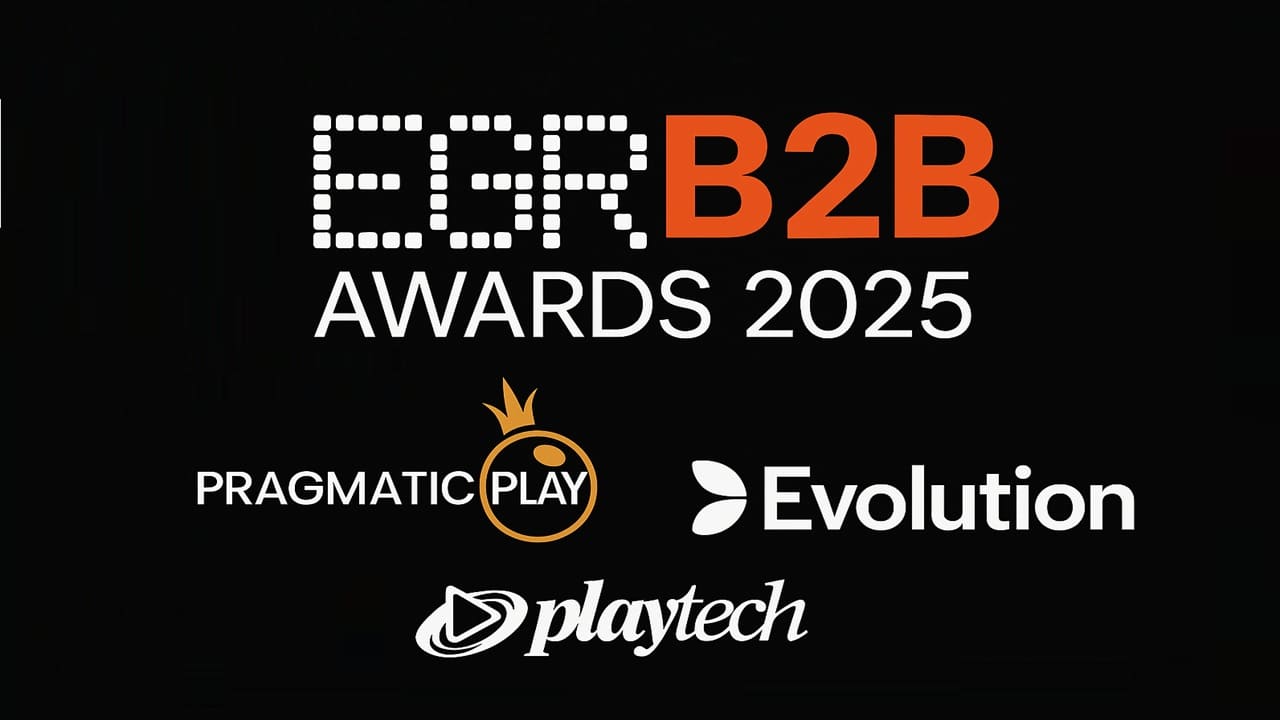
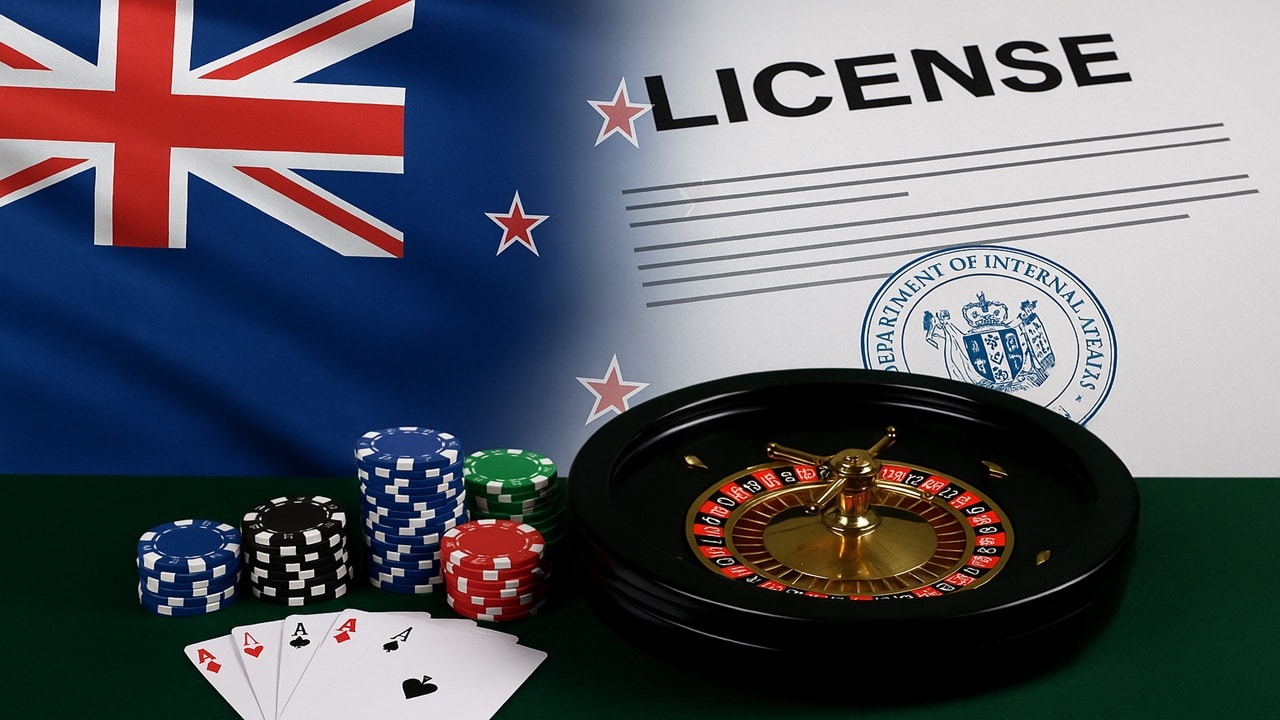
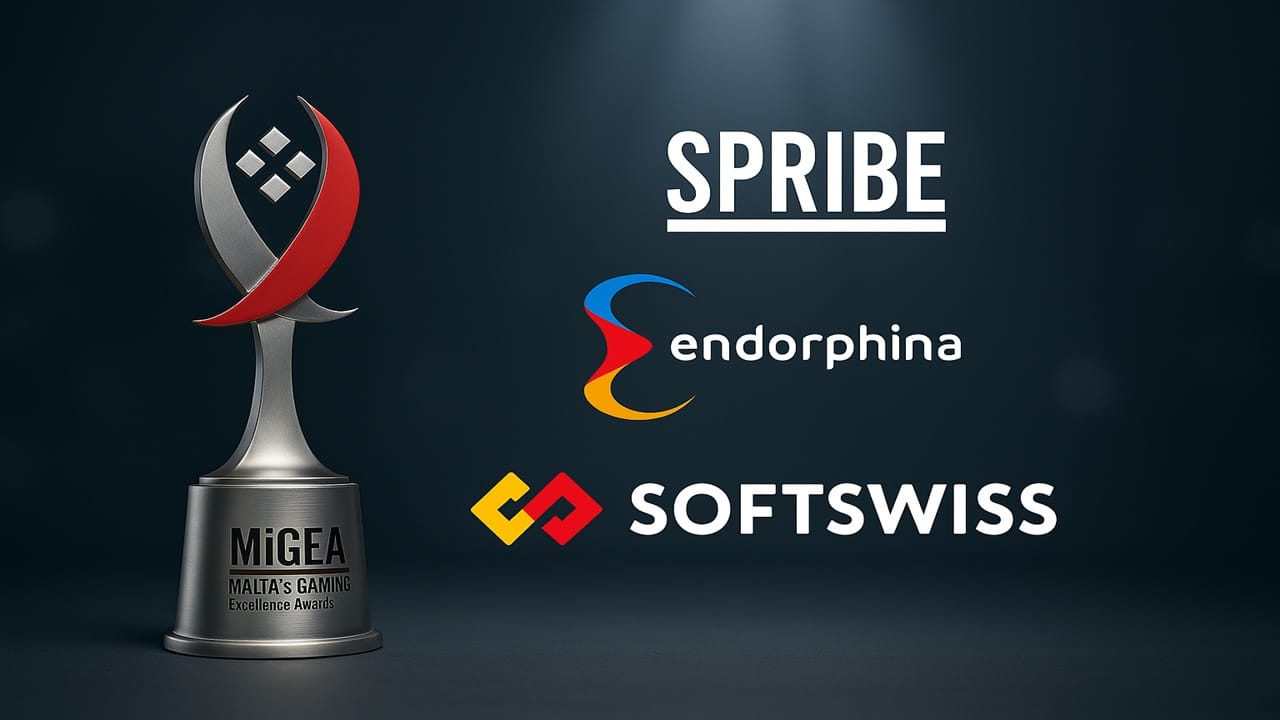
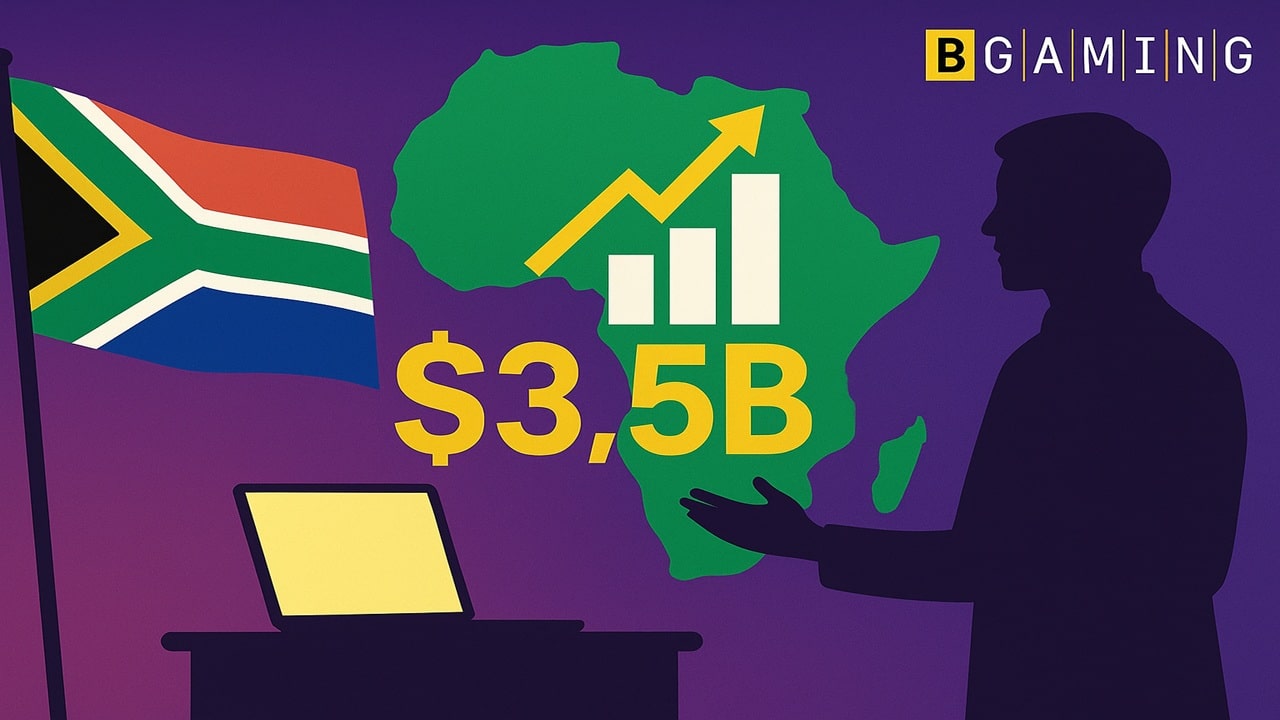
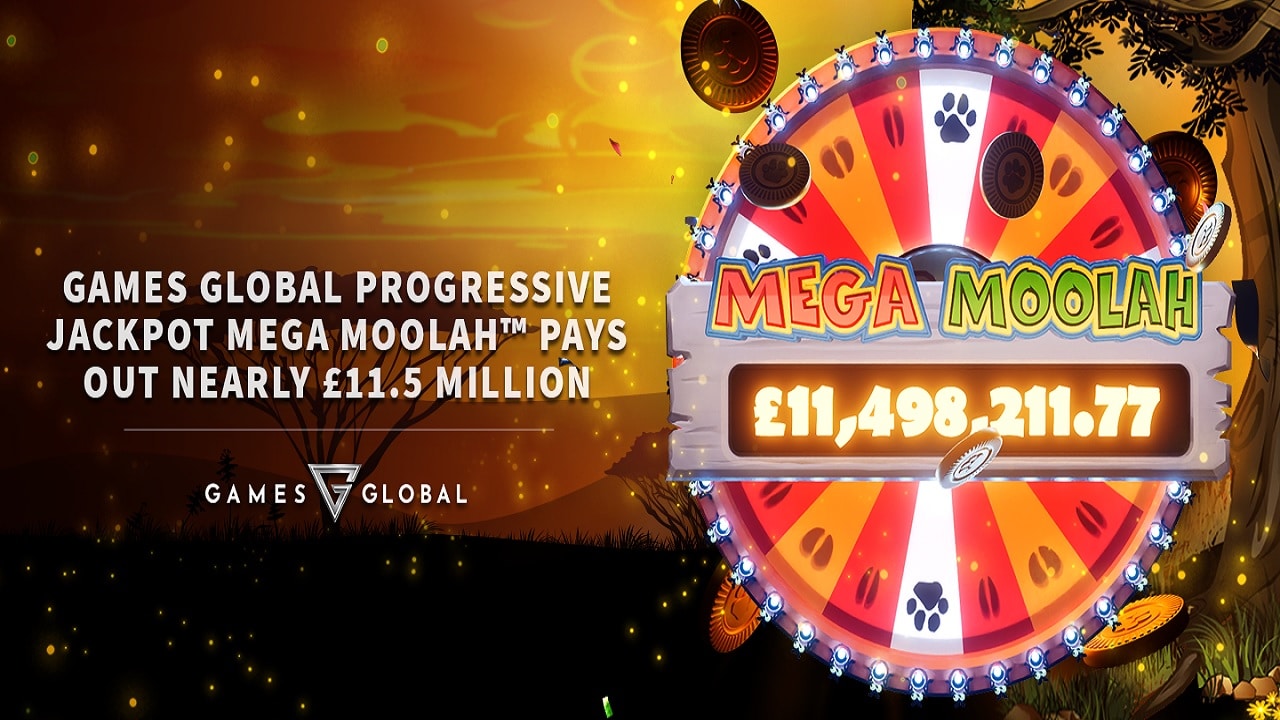
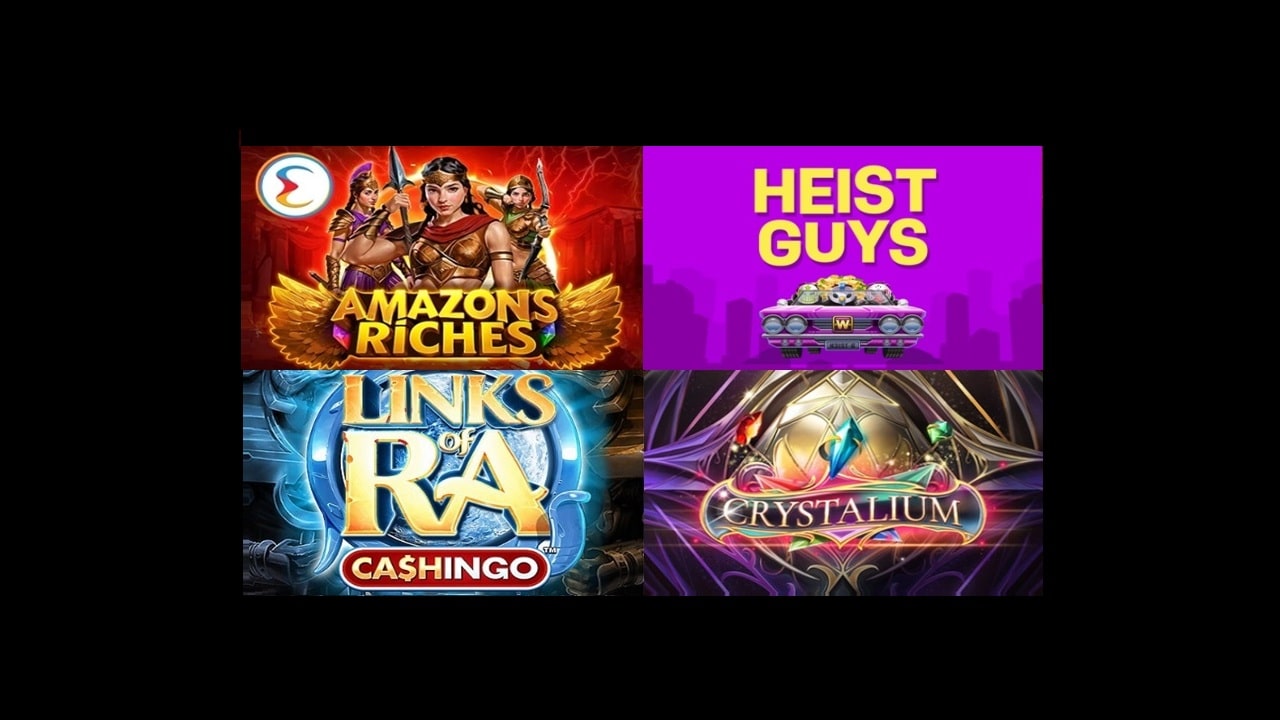





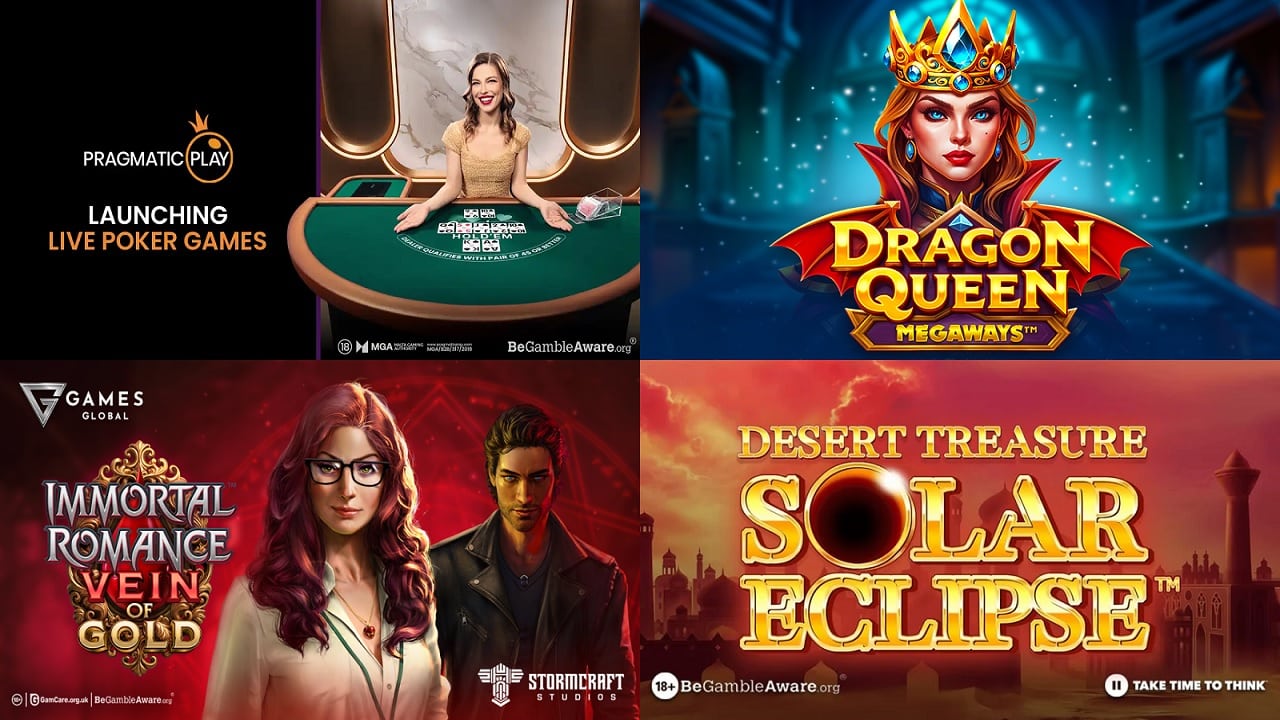




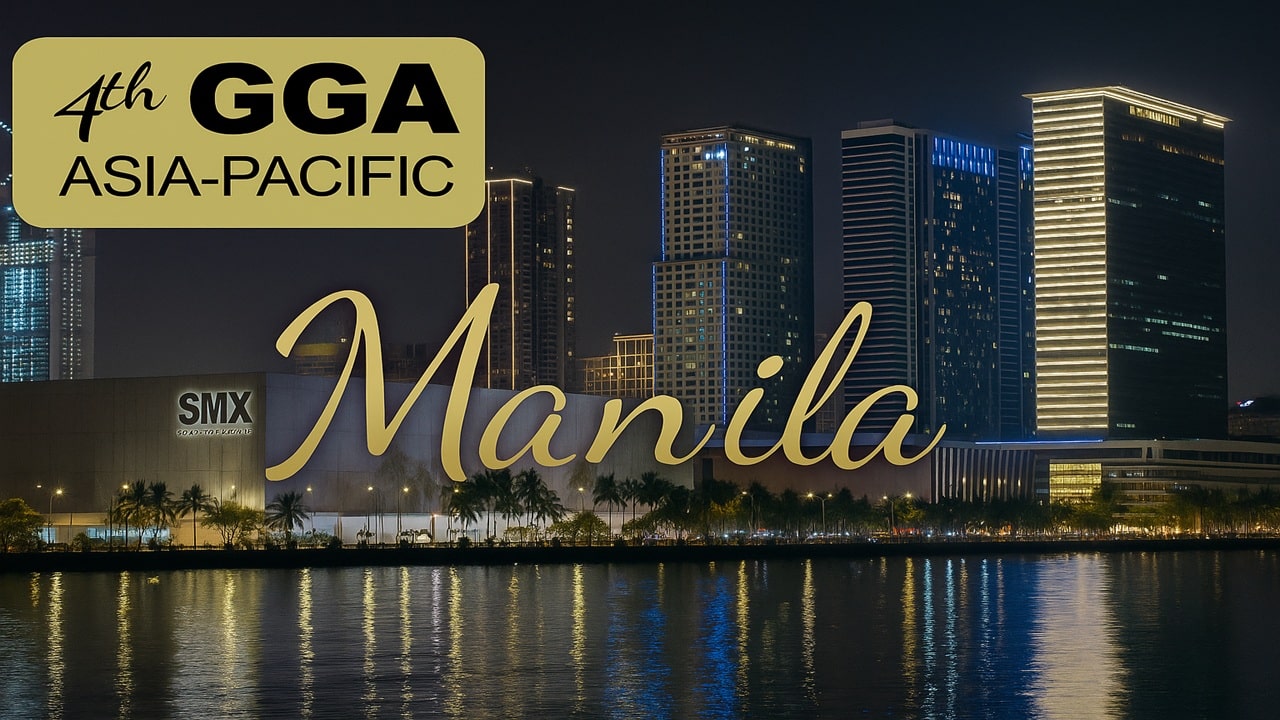


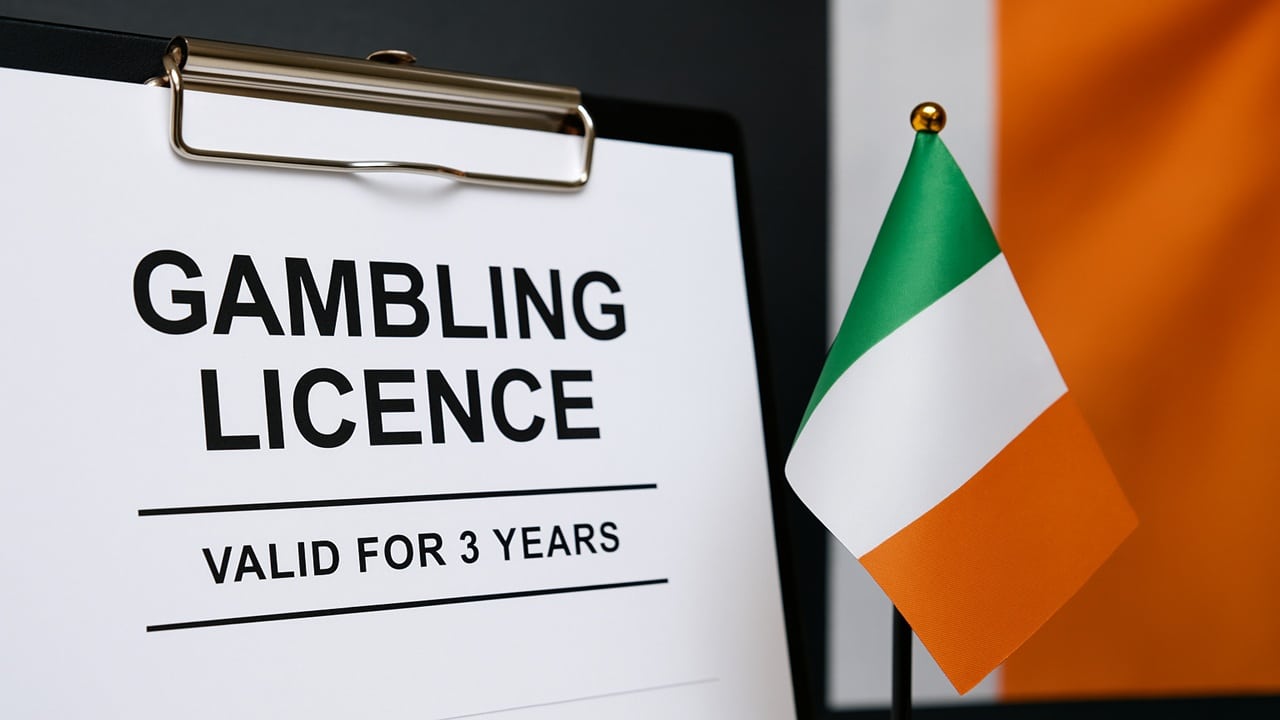


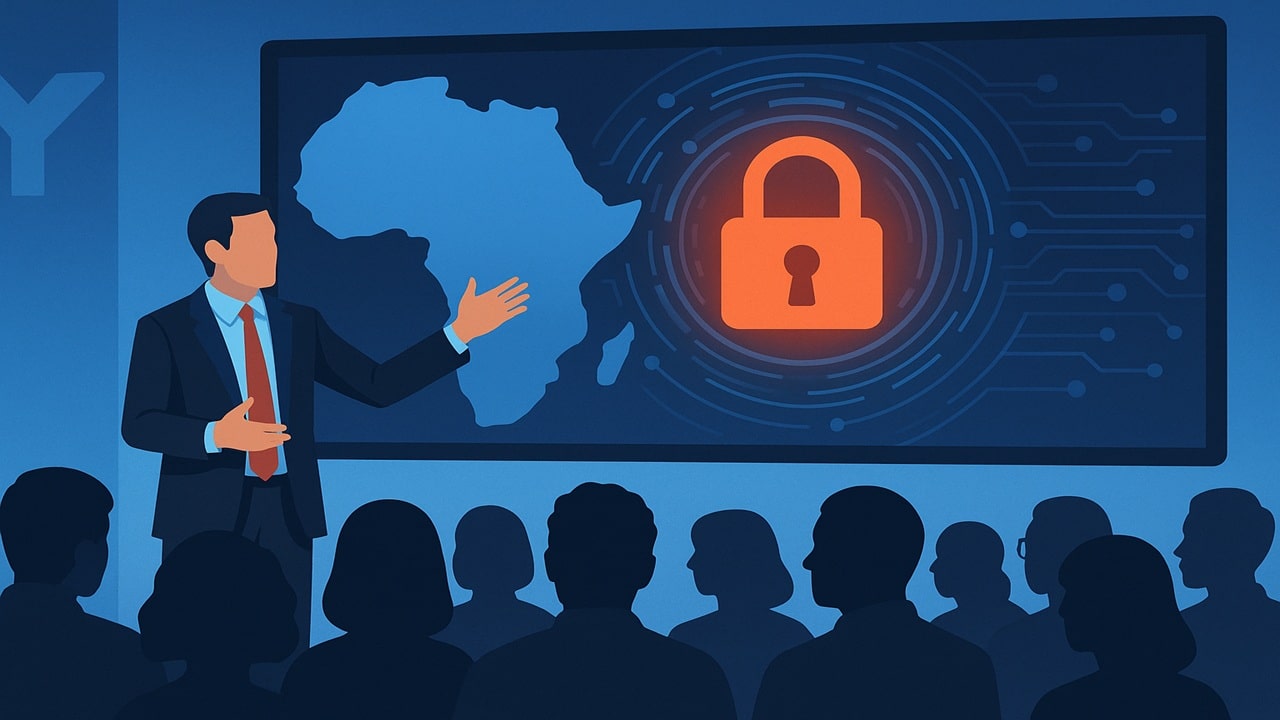

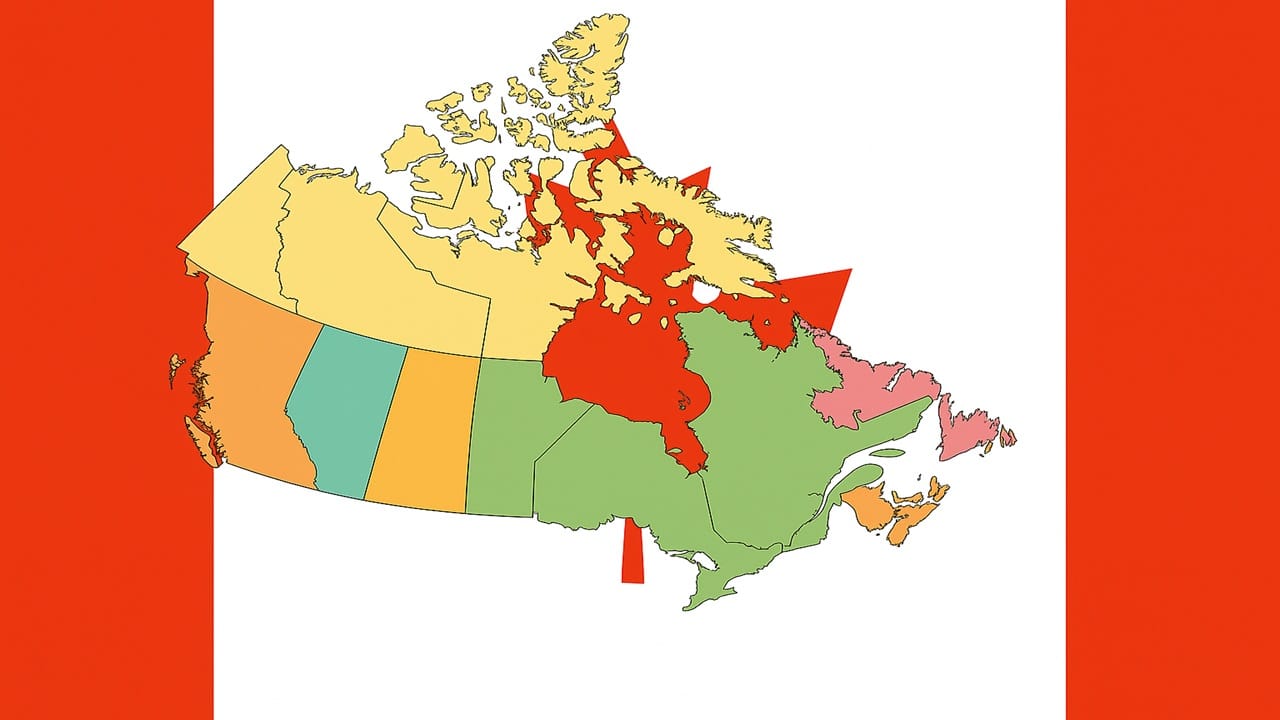
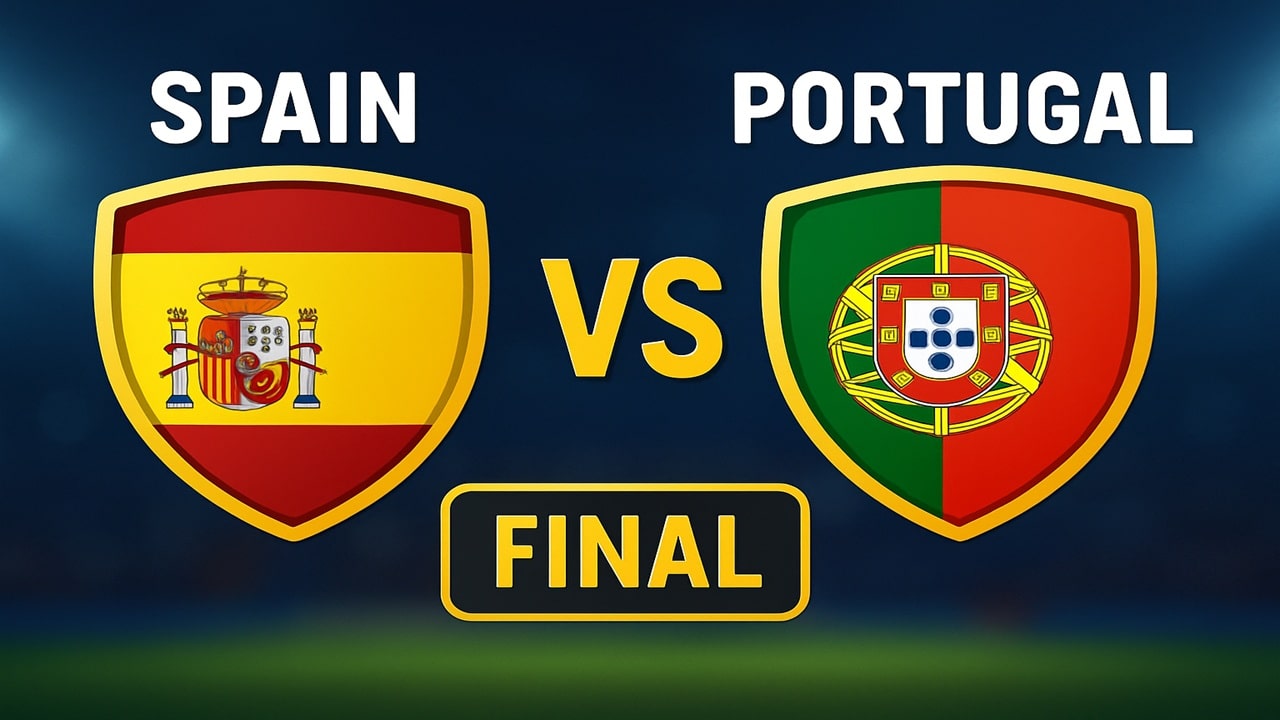
Leave A Comment